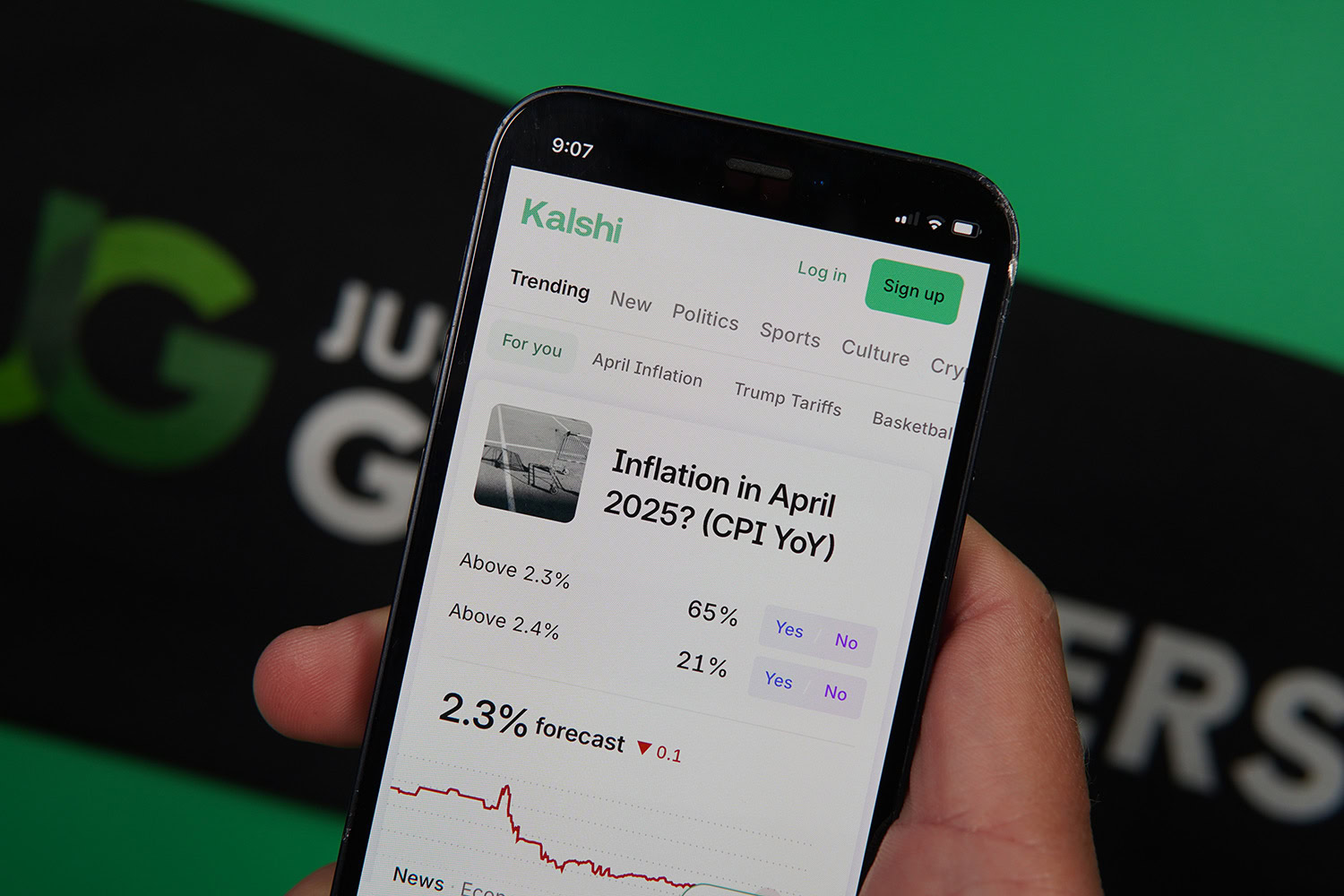In late 2024, Kalshi gained national attention after a federal appeals court allowed it to resume offering event contracts tied to U.S. elections. That ruling temporarily settled a heated dispute between the platform and the Commodity Futures Trading Commission (CFTC), opening the door to legal election betting through a federally regulated exchange.
Now in 2025, Kalshi has gone a step further. The CFTC has formally dropped its appeal, ending a long legal back-and-forth and giving Kalshi a clearer path to continue offering political contracts.
At the same time, the company has been fighting state-level regulatory battles in Nevada, New Jersey, Illinois, Maryland, Ohio, and Montana. These challenges focused on whether Kalshi’s contracts should be considered illegal gambling under state law. So far, Kalshi has secured preliminary injunctions in all three states, arguing that state-level challenges are an intrusion into the federal government’s exclusive authority to regulate futures derivatives trading on exchanges overseen by the CFTC. So far, Kalshi can continue to operate while those cases develop.
Kalshi’s Federal Court Wins in Nevada and Beyond
The most significant of these state-level battles occurred in Nevada. On March 4, the Nevada Gaming Control Board issued a letter to Kalshi demanding it stop offering event contracts on elections and sports outcomes, claiming such activity was equivalent to unlawful gaming.
Kalshi responded with a federal lawsuit, arguing that, as a Designated Contract Market (DCM) regulated by the CFTC, its activities fall exclusively under federal jurisdiction. Kalshi pointed to the Commodities Exchange Act and prior federal decisions, including a court ruling in Washington, D.C., which authorized its political event contracts.
On April 8, a federal judge in Nevada sided with Kalshi and granted a preliminary injunction. The court concluded that federal law preempts Nevada's authority in this case. Because Kalshi is a CFTC-regulated DCM, its contracts are currently considered legal under federal law. The injunction prevents Nevada regulators from enforcing the cease and desist order while the case proceeds.
This is a significant win for Kalshi, other DCMs, and their futures commission merchant partners. It means Kalshi can continue offering contracts, including those tied to sporting events, in Nevada without regulatory interference for now.
New Jersey followed Nevada’s lead and issued similar cease and desist letters. Kalshi has filed another federal suit there, making the same arguments it made successfully in Nevada. Other states, including Illinois, Maryland, Montana, and Ohio, have taken similar enforcement actions or launched investigations. Kalshi remains defiant, continuing to offer sporting event contracts nationwide, including markets on the 2025 Masters golf tournament.
The next major legal milestone will be whether the New Jersey district court sides with Kalshi, as the Nevada court did. A conflicting ruling could result in a circuit split, which might bring the issue before the U.S. Supreme Court in the future.
What is Kalshi?
Kalshi is a trading exchange where users buy “yes” or “no” contracts tied to the outcome of real-world events. These contracts range in price from one cent to ninety-nine cents. If your prediction turns out to be correct, the contract pays out a dollar. Kalshi takes a small fee for facilitating trades.
These contracts can be held or traded until the event resolves, allowing prices to fluctuate as public sentiment shifts. The platform covers a wide range of topics, including politics, economics, and sports. Unlike traditional gambling sites, Kalshi operates under the direct oversight of the CFTC. Critics argue that Kalshi is practicing word-smithing to get around the legal implications of traditional sports betting.
Shared Legal Challenges with Sweepstakes Casinos
Kalshi’s ongoing legal battles are not unique. Sweepstakes casinos are facing similar scrutiny for operating outside of traditional gambling laws. These platforms use dual currencies to offer casino-style games without being licensed as gambling operators. Similarly, critics argue that sweepstakes operators rely on similar word-smithing strategies to utilize legal loopholes, which allows them to offer casino-style gaming legally across most US jurisdictions.
Michigan has already issued laws explicitly banning sweepstakes casinos, and several states are attempting to pass anti-sweepstakes laws. Other states like New York, Connecticut, and Louisiana are actively pursuing legislation that targets the model. On the other hand, lawmakers in Arkansas, Maryland, Mississippi, and Florida attempted but failed to pass such laws during the 2025 legislative sessions.
Kalshi’s strategy of framing its contracts as innovative financial instruments may offer a roadmap for how the sweepstakes industry can respond to similar legal threats. Both industries are testing the limits of existing definitions around gambling and digital speculation.
Will Kalshi’s Legal Wins Influence the Future of Sweepstakes?
The sweepstakes industry is watching closely. The Social and Promotional Games Association (SPGA), formed to support and legitimize the model, is already adopting similar messaging to that used by Kalshi.
If courts continue to accept federal preemption arguments, as the Nevada court did, we may see more alternative gaming platforms take the same legal approach.
At the heart of the matter is whether regulators and courts will embrace these new formats as innovative and legal, or label them as modern gambling under a different name. Kalshi’s early wins provide momentum, but it is unclear what label will stick: innovate or illegal gambling.
 USA
USA